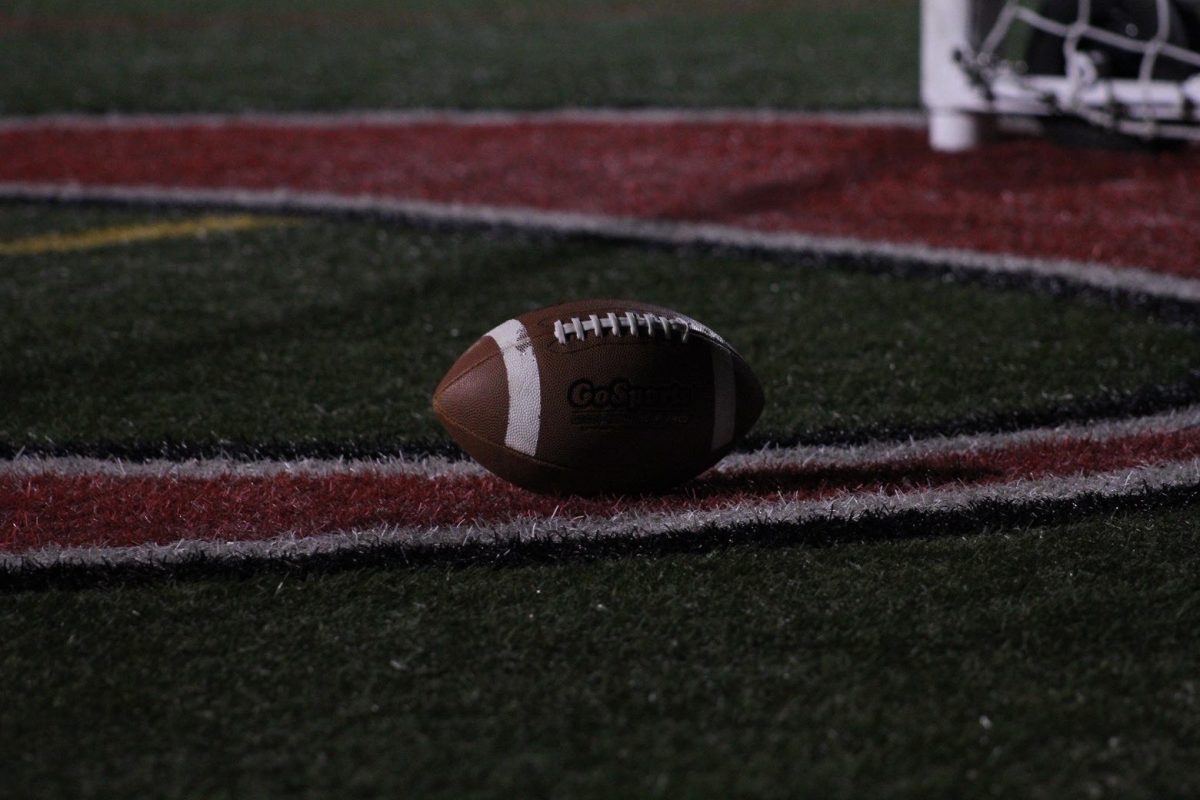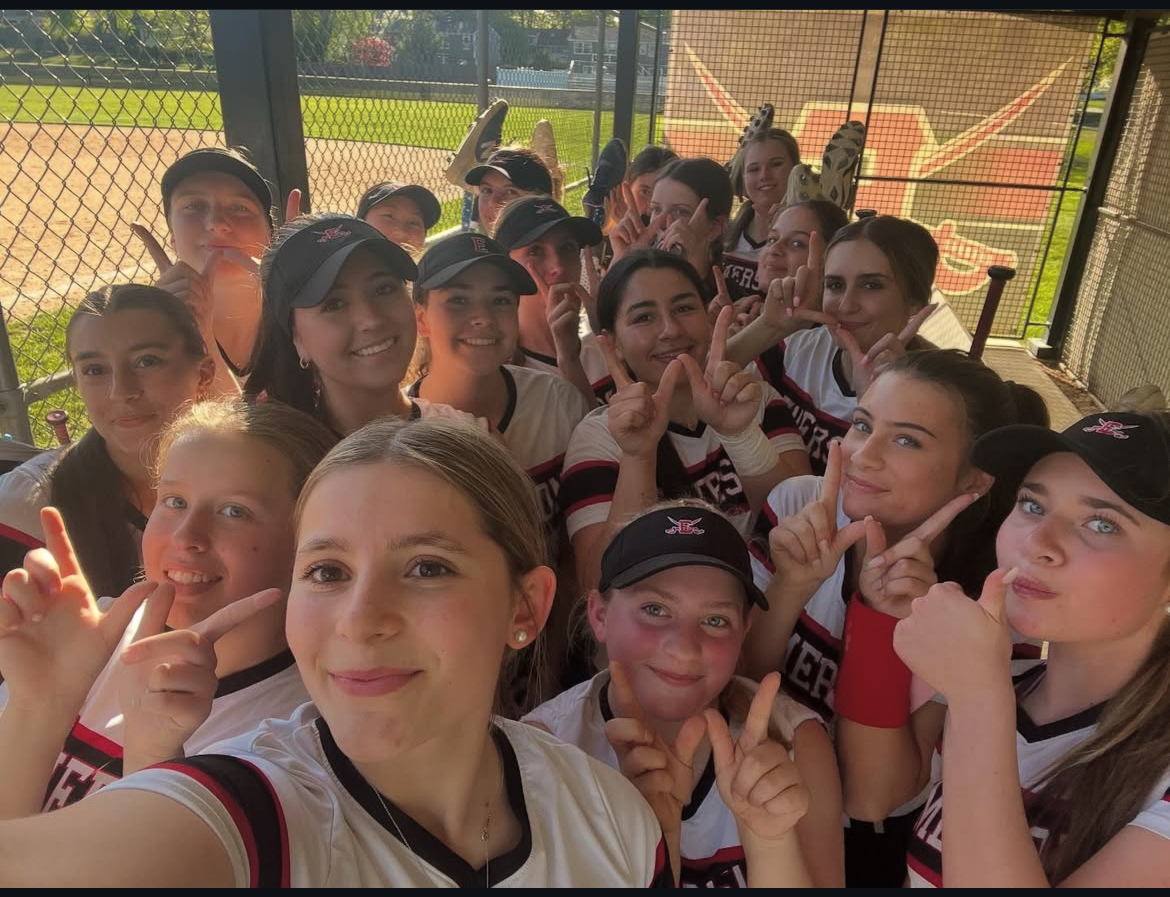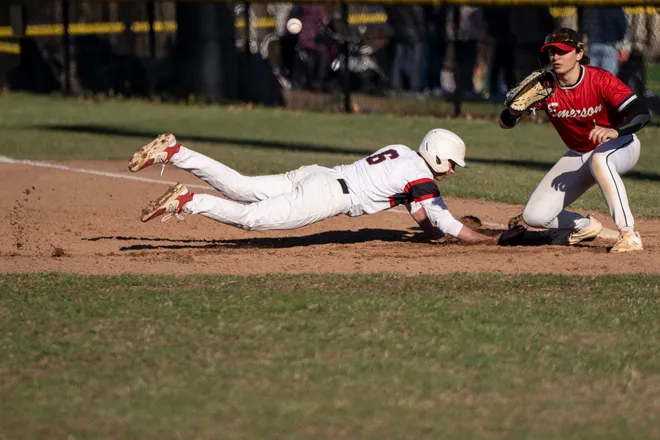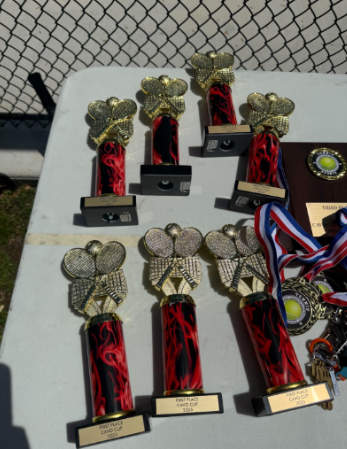For some students go to college to get a degree and a good job to get good money. But for others, athletics is the only reason they were accepted into that specific university. For those who cannot pay the tuition for college, sports might be their only way of seeking a career. Sports is their way out.
Currently, collegiate student-athletes can monetize their personal brand and activities. On July 1, 2021, the NCAA approved a name policy that allowed student-athletes to earn and monetize their NIL (Name, Image, Likeliness). NIL refers to the rights of college athletes to control and profit from their name and image. A NIL deal is an agreement or arrangement between a student-athlete and a third party, such as a brand, company, or individual, where the student-athlete receives compensation for their name, image, and likeliness. For example, Bronny James is a collegiate basketball player who is the son of LeBron James. With fame in his name, he earns money from Nike endorsements. Meanwhile, LeBron James also has his own Nike shoe from endorsements. Bronny carrying the family tradition of Nike deals carries on his father’s legacy.
The NCCA states, “Broadly speaking, the average income from NIL deals for student-athletes ranges from $1,000 to $10,000”. In these deals, athletes can market their own personal brand. Athletes can buy goods, property, and other meaningful things while in college. Athletes use this money to help support their families and help treat their bodies right. Athletes are also getting an opportunity to get money in their early stages of college as some are not very fortunate. “In 2020, the NCAA earned an overwhelming $870 million in TV broadcasting and licensing rights alone”.
In 2013, college football phenom, Johnny Manziel was receiving lots of fame and attention for being a star freshman quarterback for the Texas A&M Aggies. With his on-the-field magic and talent that he displayed, he would be the winner of the Heisman Trophy and the Davey O’Brien Award. These accolades are given to the most outstanding collegiate football player in the nation. But with all of this hard work and fame, he received nothing. What Manziel decided to do was make money off of signing autographs as a college football player. He made around $33,000 from signing these autographs. Athletes like Manziel were desperate prior to the NCAA passing the law that allows student-athletes to be paid off of NIL. The only way to make money off of your fame was to do it illegally.
The money from NIL deals is needed for many athletes across the nation. According to a 2019 study from the National College Plays Association, “86% of student-athletes who live off campus are living below the poverty line.” Most college student-athletes who get scholarships need support and money to help benefit themselves and their families. By securing endorsements during their college years, athletes can value themselves in their university community, develop beneficial business skills, and create valuable connections for their future careers. It is a beneficial and crucial part of making a name for themselves and the team around them. Endorsements involving high-profile athletes in low-profiled programs benefit both the athlete and the school in getting attention. Athletes should be able to get paid for their hard work because college sports like football and basketball are multibillion-dollar industries. The coaches and training staff for these teams get paid millions of dollars and they have enough money for these state-of-the-art facilities. Every other labor force gets paid for their hard work so why shouldn’t student-athletes?
Individual marketing opportunities might take resources and attention away from supporting less popular sports or athletes that are popular. Critics worry that highly profiled athletes in revenue-generating sports like football and basketball would benefit sufficiently. This can cause disparity between the top-tier athletes and those who participate in low-revenue sports or lower-profiled programs. Student-athletes having a lot to deal with in their academic and sports settings can add pressure once they have to secure endorsement deals. Taking time out of their way to make room for endorsements can decline their athletic abilities by taking time out of their practicing and training. Focusing on individual success rather than team success could also cause team chemistry problems and the overall quality of college sports can go on a decline.
Although athletes can come across many problems with NIL deals, athletes have more benefits of being able to get paid for being a collegiate athlete. Athletes will be more successful in the future and having NIL deals can grab the attention of everybody to a low-profiled college. Putting not only themselves but their team on the map of scouting and businesses with athletes can all be possible with NIL being in effect.






